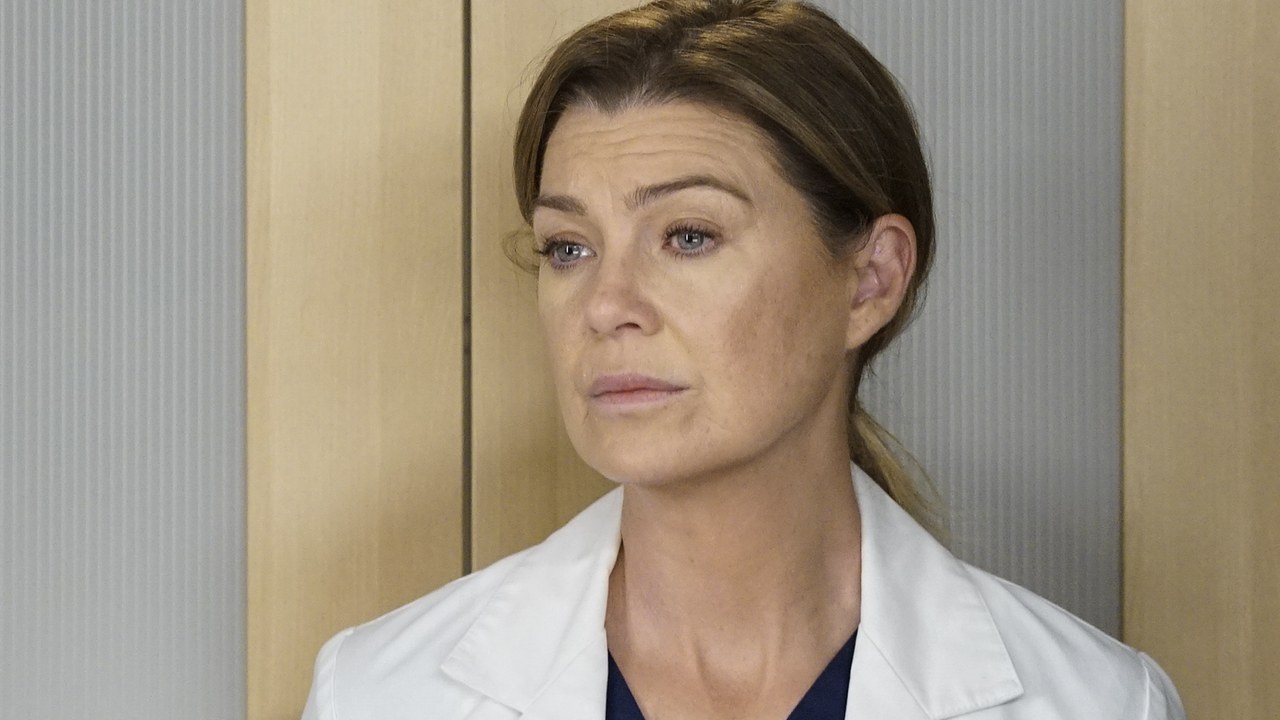How a Grey's Anatomy Episode Led to an Increase in Sexual Assault Awareness

We may be living in the age of too much content (because really, who can get to it all?!?), but a new study shows that one single episode of popular television can still make a big impact on the world. Grey’s Anatomy has been in our lives since it premiered on ABC in 2005, and over the past 15 seasons fans have seen many powerful and emotional episodes. But one, in particular, from last March is proving to have a lasting effect on awareness around sexual assault.
“Silent All These Years” first aired on March 28, 2019 and featured a storyline with a patient named Abby, who Dr. Jo Karev and Dr. Teddy Altman learn has been sexually assaulted. At the time, I wrote about how sensitively the show handled the issue of consent on many levels, but particularly how the doctors treated Abby as they examined her. The episode culminated in an emotional moment where female doctors, nurses, and other hospital staff line the hallway as Abby was taken into surgery because every male face she sees reminds her of her attacker.
At the end of the show, Ellen Pompeo did a PSA for viewers about reaching out for help if they had been affected by sexual violence, and gave information about contacting the National Sexual Assault Hotline operated by the Rape, Abuse & Incest National Network, or RAINN (800-856-HOPE or via online chat hotline.rainn.org/online/). And now a new study is showing the real-life impact of the show.
Researchers at the Oklahoma State University Center for Health Sciences studied search trends on Google and Twitter for two weeks before and one week after the episode aired. They monitored terms like “Rape, Abuse, and Incest National Network,” “RAINN,” “sexual assault,” “rape,” “sexual assault hotline,” and tweets mentioning @RAINN. They also collected data from RAINN on call volumes in the 48 hours after the episode aired.
“Engagements with the @RAINN Twitter account and tweets mentioning ‘sexual assault hotline’ increased by 1,097% the day after the episode,” researcher Trevor Torgerson told Reuters Health. They also found the National Sexual Assault Hotline call volume increased by 43% in the 48 hours after the episode, and the volume of searches for the term “RAINN” was 41% larger than expected, and search volumes for “rape” and “sexual assault” were 8% and 9% higher, respectively. In addition, the number of tweets mentioning “sexual assault hotline” and “RAINN” were 1,995% and 292% higher than usual.
“An adored actress, such as Ellen Pompeo, may be able to convince someone to seek help in a way that ‘only’ flashing the hotline number may not be able to. That being said, if flashing the hotline number is all that can be done, we would agree there is a benefit to it,” Torgerson said.
Whatever the factors, it’s incredible to see the impact that one episode of television (in this case, Grey’s Anatomy) can have on the world.
